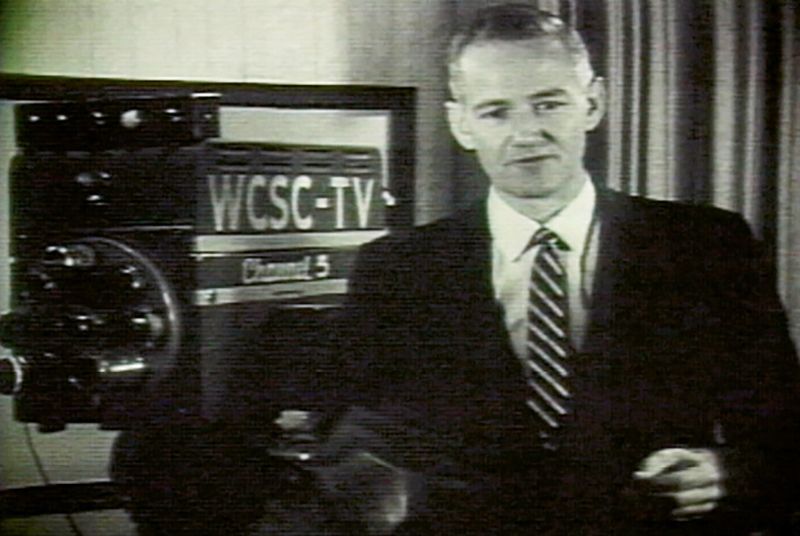(Courtesy of WCSC-TV)
- 1953: “Channel Five is Now Alive” - With those words on June 19, newsman Charlie Hall signs WCSC-TV on the air at its original location on East Bay Street. The oldest continuously broadcasting television station in the state, it is joined by WUSN (now WCBD) in 1954 and WGWG (now WCIV) in 1962. A year after WCSC’s first broadcast, every state in the nation would have at least one television station.

(Courtesy of Avery Research Center)
- 1956: Educator Septima Clark Fired - In the spring of 1956, local school teacher Septima P. Clark is dismissed by the Charleston County School System when she refuses to resign her membership in the NAACP in accordance with state law. Clark founds Citizenship Schools throughout the South for Martin Luther King’s Southern Christian Leadership Conference, helping African Americans gain the skills necessary to vote.
- 1958: Jack Dobbins Murdered - Dobbins, a gay man, is bludgeoned to death by a young soldier. The murderer is cleared of charges, ending the growing sense of openness for homosexuals in Charleston.
- 1960: Charleston Annexes West Ashley - Due to the tireless efforts of Mayor J. Palmer Gaillard, West Ashley voters agree to annexation by the City of Charleston, adding to the city’s population and coffers.
- 1964: I-26 Connects the State - The major east-west corridor is completed and becomes the first route to provide rapid access from Charleston to the Upstate. Humorously dubbed “The Camel Trail” for its long stretches between rest stops, I-26 helped promote the building boom in Berkeley and Dorchester counties. As the major freight traffic route between the Port of Charleston and the Greenville-Spartanburg industrial center, it continues to support the shipping industry.
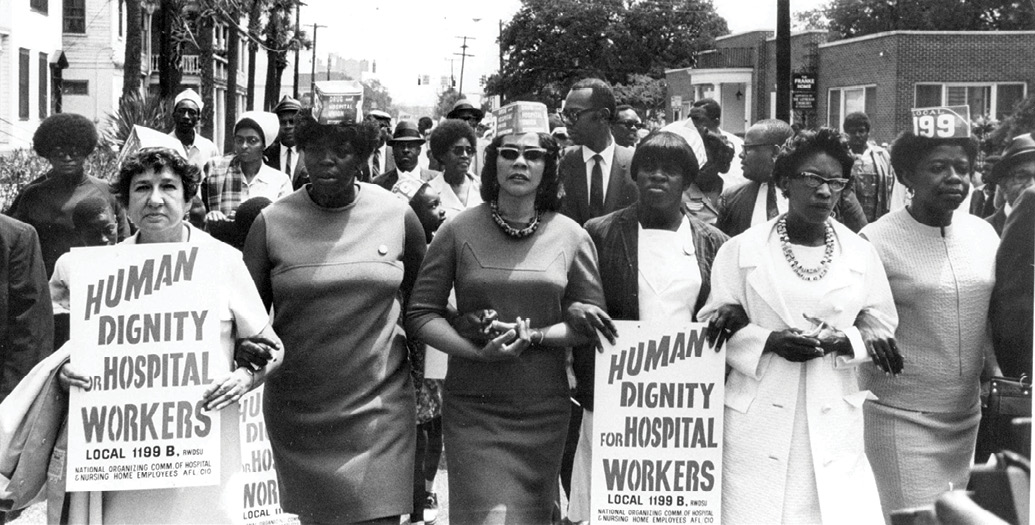
(Courtesy of Avery Research Center)
- 1969: Hospital Workers Strike - Precipitated by inequity in wages and a lack of formal grievance procedures, African American hospital workers at the Medical College begin a 100-day strike. The effort is later assisted by civil rights leaders Ralph Abernathy and Coretta Scott King. Intervention by the National Guard and serious violence are avoided with swift action by federal mediators and a citizens committee. The Medical College rehires all strikers and establishes grievance protocols. The strike is an important victory for advocates of nonviolent activism and focuses attention on the labor disparity. Read on about the Hospital Workers’ Movement.
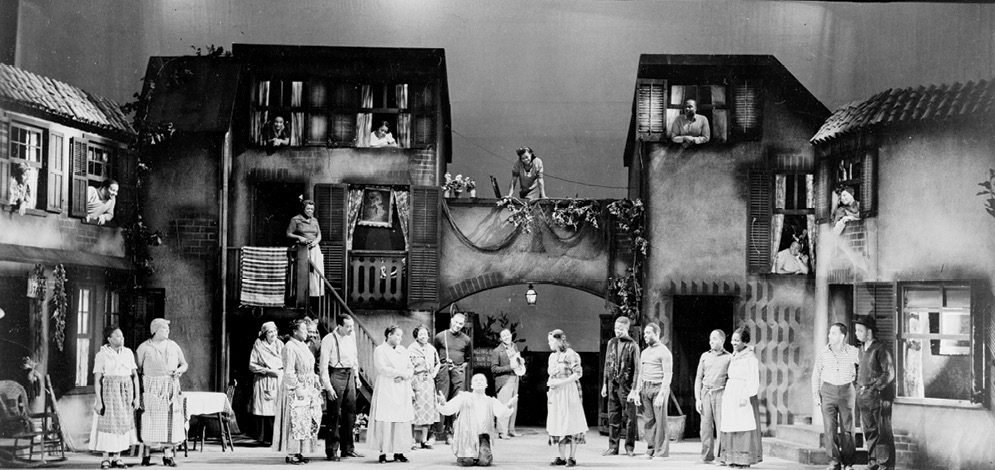
(Courtesy of Library of Congress)
- 1970: Porgy & Bess Finally Performed in Charleston - Although DuBose Heyward’s masterpiece is first staged in 1935 in New York City, ironically it isn’t shown in his native city until 35 years later when segregation laws are lifted, allowing for the integration of performers and audiences. The occasion of the performance was so significant that 60 Minutes did a story about the event. Learn about the real Porgy, Samuel Smalls.
- 1972: North Charleston Incorporates - The North Area officially incorporates on June 12 after concerned citizens, unhappy with the way the area is developing, vote for their community to chart its own course.
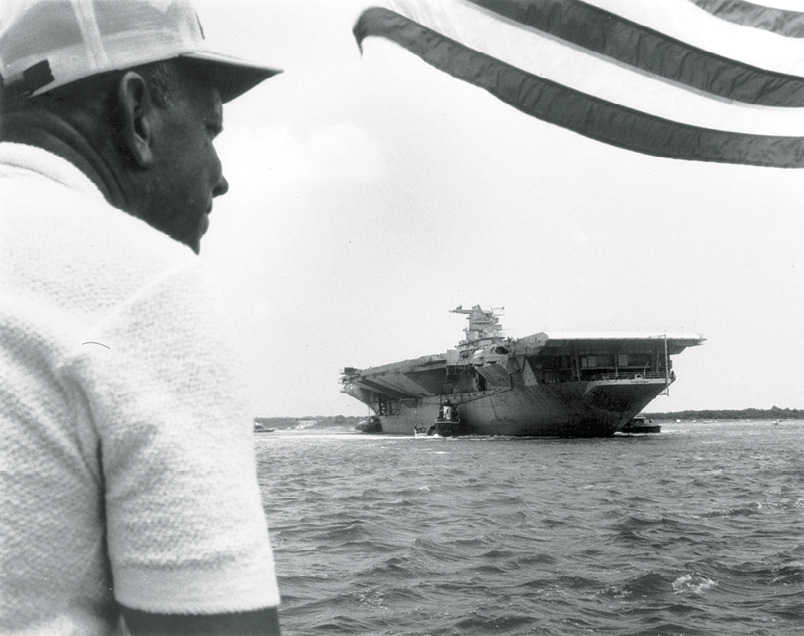
(Courtesy of Patriots Point Naval & Maritime Museum)
- 1975: Patriots Point Naval & Maritime Museum Opens - Located on the harbor in Mount Pleasant, the new facility features the aircraft carrier USS Yorktown, destroyer USS Laffey, and other vessels. The museum soon joins azaleas and beaches as one of the area’s most popular attractions. About 300,000 people visit the site each year, pumping some $29 million annually into the local economy, according to a 2014 College of Charleston economic impact report.
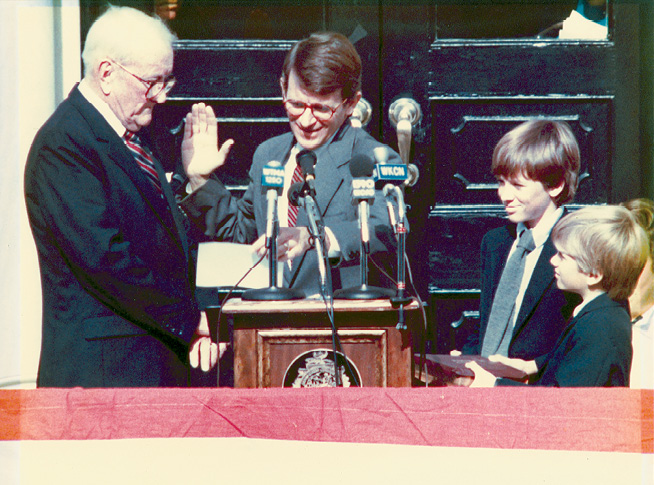
(Courtesy of The Riley Center at the College of Charleston)
- 1975: Joe Riley Elected Mayor - Joseph P. Riley Jr., a 32-year-old former state representative, is sworn in as mayor on December 9. Riley becomes Charleston’s longest serving mayor and oversees more changes in his native city—including improvements to landmarks such as Waterfront Park, involvement of African Americans in city government, and expansion of the arts and public housing—than any other mayor in local history.
- 1977: Spoleto Begins - The opening ceremonies for the first Spoleto Festival U.S.A. take place on May 26. Through the decades, it offers an eclectic blend of world-class performances, drawing tens of thousands of art aficionados to Charleston and earning the city international cultural acclaim.

(Courtesy of Tim Steel)
- 1978: Bridge Run Inaugurated - On April 2, some 1,000 entrants join the first Cooper River Bridge Run. Today, approximately 35,000 runners and walkers enter the annual event. The Bridge Run is the first and only competition in South Carolina sanctioned by USA Track and Field as an elite event.
